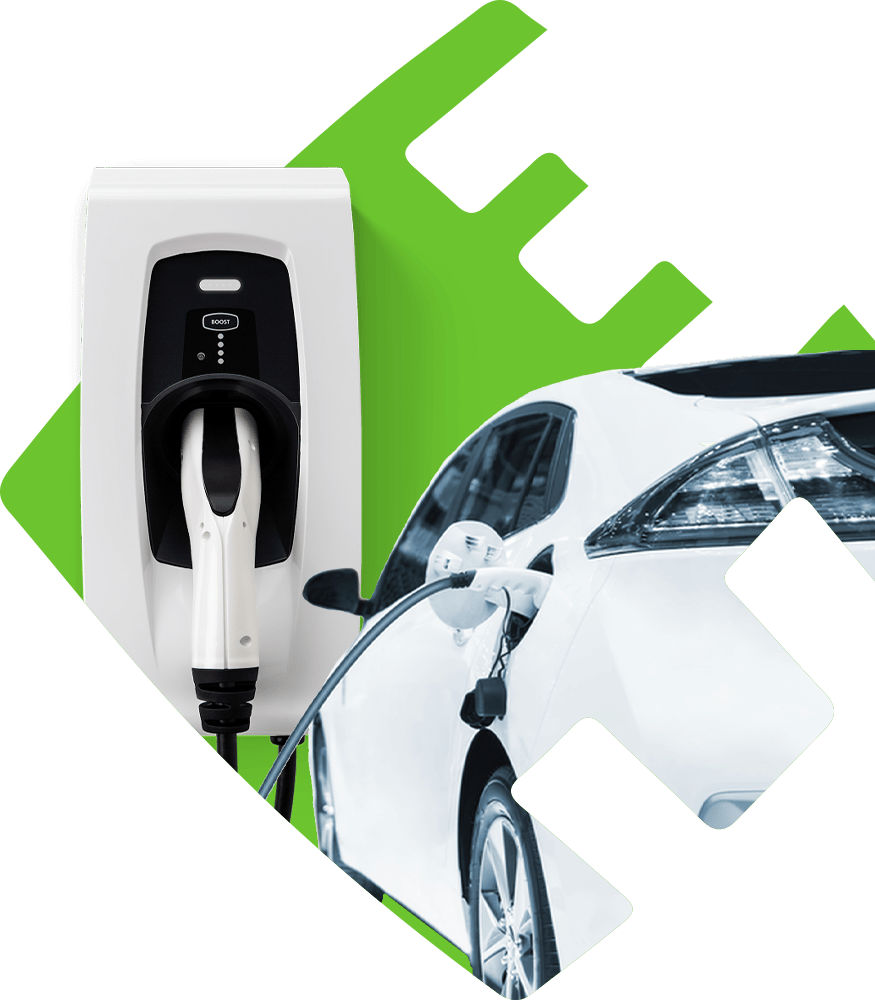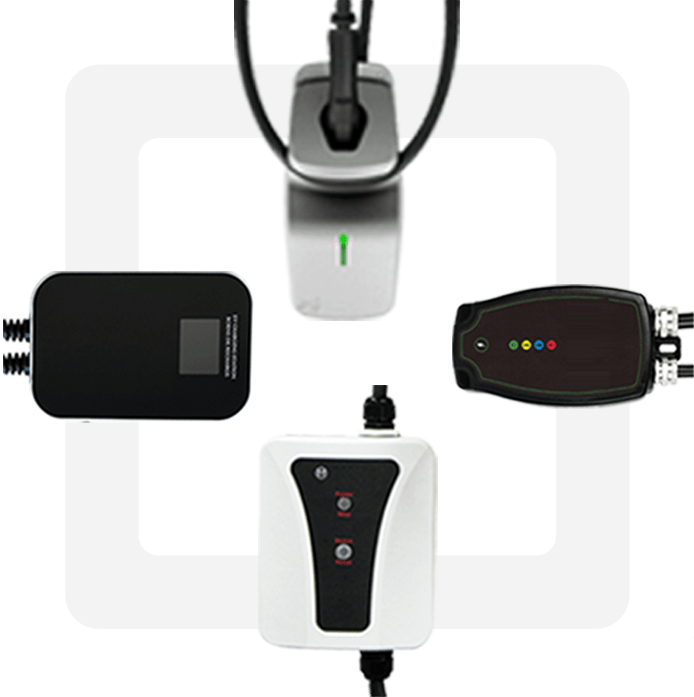The Ultimate Guide to Choosing the Right EV Charger for Your Electric Vehicle
In the rapidly evolving landscape of electric vehicles
(EVs), one crucial element that often gets overlooked is the selection of the
right EV charger. As more and more people make the switch to electric vehicles,
understanding the different types of chargers available and selecting the one
that best suits your needs is essential. In this comprehensive guide brought to
you by Moses Electrical, we'll explore everything you need to know to make an
informed decision when it comes to choosing the perfect EV charger for your
electric vehicle.
Understanding
the Basics
Before diving into the specifics of EV charger, it's
essential to understand the basics. Electric vehicles typically come with a
built-in charger that allows you to plug into a standard household outlet.
However, these chargers, known as Level 1 chargers, are relatively slow and may
not be practical for everyone, especially if you have a long daily commute or
frequently need to top up your battery.
Types
of EV Chargers
Level 1 Chargers: As mentioned earlier, Level 1 chargers are
the most basic type and can be plugged into a standard household outlet. While
they are convenient for overnight charging, they are relatively slow, typically
adding around 2-5 miles of range per hour of charging.
Level 2 Chargers: Level 2 chargers are faster than Level 1
chargers and require a 240-volt outlet, similar to what an electric stove or
dryer uses. These chargers can add around 10-60 miles of range per hour of
charging, depending on the vehicle and charger specifications. They are ideal
for home charging stations and are commonly found in public charging stations
as well.
DC Fast Chargers (Level 3): DC fast chargers are the fastest
charging option available and are typically found at public charging stations
along highways and major routes. These chargers can add around 60-80% of
battery capacity in just 20-30 minutes, making them perfect for long-distance
travel. However, they are more expensive to install and are not practical for
home use for most consumers.
Factors
to Consider When Choosing an EV Charger
Charging Speed: Consider how quickly you need to charge your
vehicle. If you have a long daily commute or frequently use your vehicle for
long trips, a Level 2 charger or even a DC fast charger may be more suitable.
Installation and Compatibility: Ensure that the charger you
choose is compatible with your electric vehicle. Additionally, consider the
installation process and whether you have access to a suitable electrical
outlet or if you need to install a dedicated charging station.
Cost: The cost of the charger itself, installation, and any
additional equipment needed (such as adapters or wall mounts) should be taken
into account. While Level 1 chargers are the most affordable option upfront,
Level 2 chargers offer faster charging speeds and may be worth the investment
for many EV owners.
Features and Connectivity: Some EV
smart charger come with additional features such as Wi-Fi
connectivity, smartphone apps for remote monitoring and control, and scheduling
capabilities. Consider whether these features are important to you and if they
justify the additional cost.
Conclusion
Choosing the right EV charger for your electric vehicle is
an important decision that can impact your charging experience and convenience
significantly. By understanding the different types of chargers available and
considering factors such as charging speed, installation, cost, and features,
you can select the perfect charger to meet your needs.
At Moses Electrical, we are committed to helping you make
the switch to electric vehicles as seamlessly as possible. With our expertise
in electrical installations and a wide range of EV charging solutions, we can
assist you in selecting and installing the perfect charger for your electric
vehicle. Contact us today to learn more about our EV charging services and how
we can help you make the transition to electric transportation.




Comments
Post a Comment